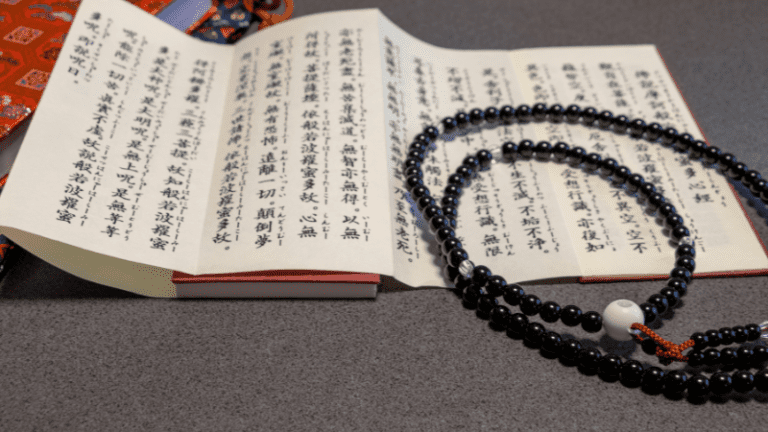Adelard of Bath: The medieval freethinker who promoted rationality
In a story where the threads of the past interweave with the present, few figures are as enigmatic and influential as Adelard of Bath. Imagine for a moment the dark Middle Ages, where knowledge is scarce and superstition is rife. Into this world steps a man, a scholar from England, who would fan the flames of reason and rationality. This is the story of Adelard of Bath, a zealous advocate of the Enlightenment in the 12th century, whose quest for knowledge changed the course of history.
Born in the late 11th century, Adelard's thirst for knowledge was unquenchable. Dissatisfied with the limited education on offer in England, he embarked on a journey through the Islamic world. Here, in the vibrant cities of Antioch, Alexandria and beyond, Adelard became acquainted with the rich intellectual traditions of Arab scholars. He studied their works on science, mathematics and philosophy and adopted their methods of research and their understanding of the natural world.
After extensive study, he then brought the knowledge that the earth orbits the sun and the concept of algebra to Europe. Through his translations of Arabic texts into Latin, he became a key carrier through which the scientific and philosophical achievements of the Islamic Golden Age reached Europe. Among other things, he translated the works of al-Khwarizmi, from whom we have the term "algorithm", and thus laid the foundation for the development of modern mathematics.
But Adelard's influence went beyond his translations. He was a fervent advocate of using reason and observation to understand the world. In his seminal work "Quaestiones Naturales", he encourages us to question the natural world using reason rather than blind faith. Adelard challenged the prevailing dogmas of his time and argued that "natural reason" should guide the pursuit of knowledge. This approach was revolutionary because it placed the human intellect and observable evidence above dogmatic doctrines.
What may not sound all that spectacular to us was enormous for the time - and certainly had consequences for Adelard. In a time dominated by religious authority, advocating rational investigation was not only radical, but also dangerous. Nevertheless, Adelard's work laid the foundations for the Renaissance and the scientific revolution. And he was lucky, because unlike some of his contemporaries and successors who were directly condemned or persecuted by the Church for their ideas or works, there is no concrete evidence that Adelard of Bath suffered any significant consequences or persecution from the Church authorities for his scientific research or translations of Arabic works into Latin.
The reason for this was probably that Adelard lived at a time when intellectual currents in Europe were beginning to embrace the knowledge preserved and expanded by Islamic scholars (particularly in the fields of science, mathematics and philosophy). His work, particularly the transfer of Arabic numerals and scientific concepts to the Western world, was part of a broader movement of translation and transmission of knowledge from the Islamic world to Europe that was widely seen as beneficial to the advancement of learning.
However, it is important to note that the 12th century was also a time of significant debate within the Church about the role of reason and the acceptance of Aristotelian and other non-Christian philosophies that were brought back to Europe through translation. Some scholars and their teachings came under scrutiny, and in later centuries this tension led to greater conflict between scholars and the Church.
Adelard thus built a bridge between the worlds, not only geographically but also intellectually, by paving the way to a future in which knowledge was sought through evidence and reason.
Adelard's legacy is a testament to the power of curiosity and the importance of intercultural exchange. He reminds us that progress often comes from a willingness to venture into the unknown, learn from others and challenge the status quo. As we navigate the complexities of the modern world, Adelard's life inspires us to embrace rationality, seek understanding and appreciate the knowledge that connects humanity across time and space.
So as we reflect on the contributions of this medieval outsider, let's consider how we can encourage rationality in our lives. Whether by engaging with different perspectives, questioning assumptions or simply encouraging an inquisitive mind, we can all carry on the legacy of Adelard of Bath. In doing so, we honor not only a man, but also a philosophy that champions the relentless pursuit of knowledge through reason - a philosophy that is as relevant today as it was nearly a millennium ago.
Important contributions by Adelard of Bath were:
- Introduction of Arabic numerals in the West: Adelard played a crucial role in Europe's transition from the use of cumbersome Roman numerals to the more efficient Arabic numerals. This change greatly improved the possibilities of mathematics, trade and daily life, much like the development from horse-drawn carriages to fast sailing ships, which led European science and mathematics into the modern age.
The book "Zero: The Biography of a Dangerous Idea" offers a fascinating insight into the history and profound impact of zero on mathematics and the world in general.
- Promotion of intercultural intellectual exchange: Through his translations of astronomical and mathematical texts from Arabic into Latin, Adelard facilitated the flow of Islamic scholarship to Europe. His efforts played a crucial role in the intellectual revival that led to the Renaissance by bridging cultural differences and enriching European knowledge.







